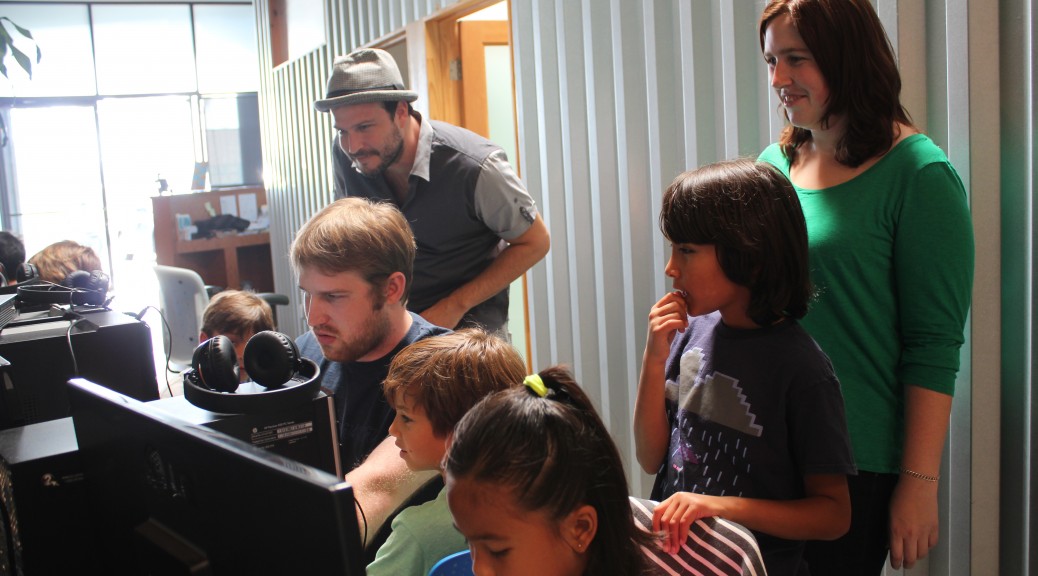Most parents at this point have heard of STEM but not everyone was taught what it means. It stands for science, technology, engineering, and mathematics. It’s being promoted as of the utmost importance in part because occupations in STEM fields are growing at about 17% while other occupations are growing at less than 10%.
It’s not a stretch to see that people who work in math, tech, engineering, and science have important roles in the world – and they make more than people in other roles, too. STEM education doesn’t just give kids information either, it actually teaches them to think critically, increases their ability to understand science, and helps to create innovators.
The unfortunate truth is that students in the United States are falling behind other countries in STEM and other fields. That’s one of the reasons that CodeREV Kids created our unique programs to not just give kids STEM skills but to make the learning process fun.
You may be surprised by who can benefit most from STEM
At CodeREV Kids, we have kids of virtually every age and background at our summer camps, after-school classes, and all our programs. However, studies have shown that there are a few demographics who benefit even more than others from learning STEM fields.
Some studies show that there is a serious bridge between the genders and different ethnic groups in schools and the workplace, and this is certainly true in scientific fields. That’s why there have been initiatives all over the country that have helped to increase the roles of minorities and women in these fields.
In order for this to continue, we believe that kids need to get involved as early as possible. The truth is that the ideas that women or minorities don’t belong in these fields is something that children learn. We encourage parents to get their children involved before they ever hear that STEM fields are no place for women or minorities.
Come to CodeREV Kids for all your STEM needs
At CodeREV Kids, we know how important it is for kids to learn STEM from an early age, but we also know that kids aren’t going to learn if they aren’t having fun. We’ve managed to create some programs that are fun, informative, and motivating to kids. We teach them critical thinking skills, teamwork, and a lot more. Reach out to us today for more information on the variety of programs we have available.









